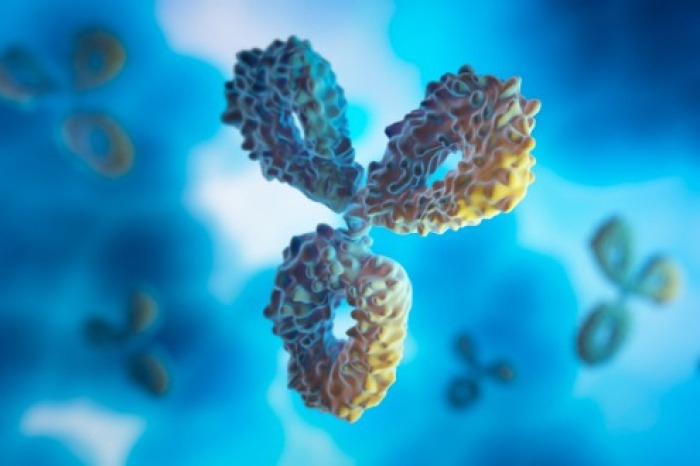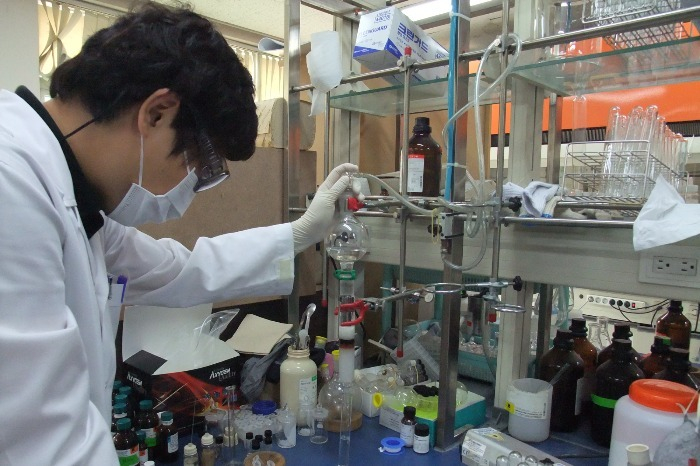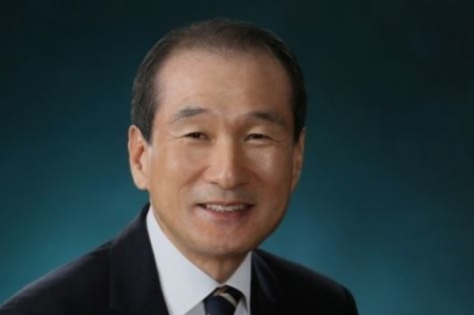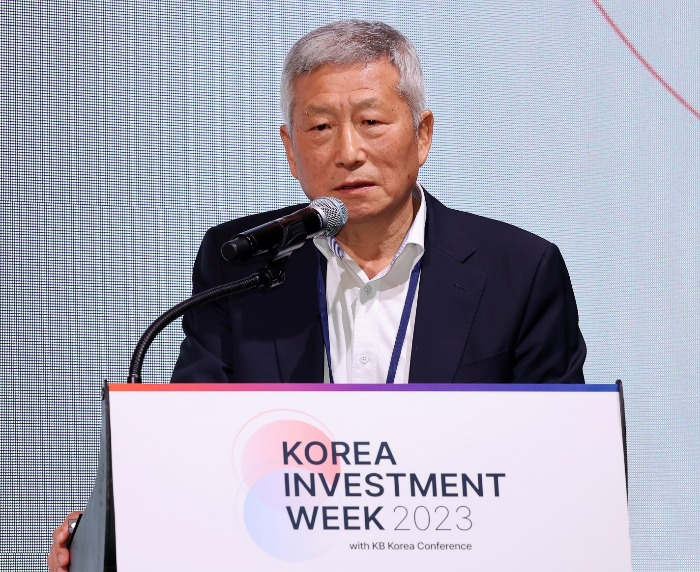Orion to buy control of biotech startup LegoChem for $415 mn
LegoChem is seeking to expand into new drug development, advancing beyond antibody-drug conjugate platform technology
By Jan 15, 2024 (Gmt+09:00)
LG Chem to sell water filter business to Glenwood PE for $692 million


KT&G eyes overseas M&A after rejecting activist fund's offer


Kyobo Life poised to buy Japan’s SBI Group-owned savings bank


StockX in merger talks with Naver’s online reseller Kream


Meritz backs half of ex-manager’s $210 mn hedge fund



South Korea’s snack and confectionery maker Orion Group has agreed to buy a controlling stake in LegoChem Biosciences Inc., a Korean biotech startup, for 548.5 billion won ($415 million) in its push into the biopharmaceuticals market, the two companies said on Monday.
Orion will buy a 25.73% stake in LegoChem, including a part of the shares held by LegoChem’s founder and CEO Kim Yong-zu and another shareholder, as well as new shares to be issued.
The Korea Economic Daily first reported the deal earlier in the day.
When the deal closes, Orion will become its largest shareholder. Kim, currently LegoChem's top shareholder, will retain some of his shares and remain CEO.
Orion is buying the biotech startup's shares for 56,186 won each, or 2.5% higher than its Monday closing price.
Armed with 1 trillion won in cash, Orion has chased M&A targets with a focus on three areas: biopharmaceutical products, convenience meal replacements and bottled water.

Orion, known for its signature snack cake Choco-Pie, has made its push into the biopharmaceuticals market by forging joint ventures to surmount the industry's high entry barriers.
In 2021, it co-founded a JV in China with a Chinese state-owned company, Shandong Lukang Pharmaceutical GroupMedicine.
In 2023, it entered into talks to buy a stake in Alteogen Inc., a domestic biopharmaceuticals company, but those talks faltered in the final hour.
Since then, it has gone all out to buy a controlling stake in LegoChem. It will give LegoChem full authority over R&D and global marketing while providing robust financial support for R&D.

“LegoChem will strengthen R&D under CEO Kim Yong-zu’s independent management,” said Hur In-cheol, vice chairman and CEO of Orion Holdings Corp.
In a phone interview with The Korea Economic Daily on Monday, Hur said it is pouring the money it earned from the Chinese business into the purchase of LegoChem shares.
“We will help LegoChem grow into a world-class, new-drug development company,” he added.
In 2022, the group's flagship unit Orion Corp. posted its largest-ever operating profit of 466.7 billion won on the back of robust global sales.
LegoChem, founded in 2006, signed a $1.7 billion license-out agreement with Janssen Biotech Inc., a Johnson & Johnson unit, to develop and commercialize its ADC, LCB84, in early-stage clinical trials.
It marked the largest-ever technology license deal for a single substance by a Korea-based pharmaceuticals company.

ADC stands for antibody-drug conjugate. LCB84 is one of LegoChem’s five ADC candidates in the pipeline for clinical trials.
LegoChem's CEO told The Korea Economic Daily in an interview last year that it was aiming to expand its business portfolio to develop new drug candidates beyond ADC platform technologies, which cost enormous sums of money.
Asked about the background of LegoChem's share purchase, Orion’s Hur said the boundary between food and biopharmaceutical products will collapse and health will emerge as a core topic in the global food market.
Even in the field of anticancer treatments, the market for ADC anticancer treatments has strong growth potential, he said.
ADCs attach a small molecule anticancer drug to an antibody to target a specific antigen found only on target cells. They deliver highly potent drugs to the cancer cells, maximizing efficacy and minimizing side effects.
The global ADC market is forecast to grow fivefold to $38.7 billion by 2029.
Write to Jun-Ho Cha at chacha@hankyung.com
Yeonhee Kim edited this article
-
 Bio & PharmaLegoChem Bio, Janssen sign $1.7 bn ADC licensing deal
Bio & PharmaLegoChem Bio, Janssen sign $1.7 bn ADC licensing dealDec 26, 2023 (Gmt+09:00)
4 Min read -
 Bio & PharmaLegoChem Bio mulls name change after defeat to Lego
Bio & PharmaLegoChem Bio mulls name change after defeat to LegoDec 08, 2023 (Gmt+09:00)
2 Min read -
 Bio & PharmaLegoChem Bio receives FDA approval for phase 1,2 trials of LCB84
Bio & PharmaLegoChem Bio receives FDA approval for phase 1,2 trials of LCB84Jun 23, 2023 (Gmt+09:00)
1 Min read -
 Food & BeverageSnack maker Orion to pursue M&As, expand Vietnam facility
Food & BeverageSnack maker Orion to pursue M&As, expand Vietnam facilityFeb 08, 2023 (Gmt+09:00)
2 Min read -
 Food & BeverageKorean confectionery and snack co. Orion enjoys brisk sales in Vietnam
Food & BeverageKorean confectionery and snack co. Orion enjoys brisk sales in VietnamDec 22, 2022 (Gmt+09:00)
1 Min read -
 Bio & PharmaOrion enters China’s vaccine market with tuberculosis plant in Jining
Bio & PharmaOrion enters China’s vaccine market with tuberculosis plant in JiningJul 13, 2022 (Gmt+09:00)
2 Min read


